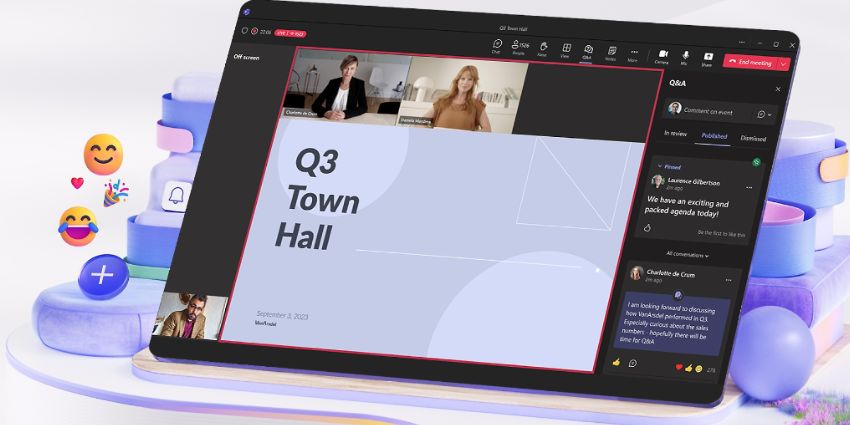Search engine titans, Google recently announced an enterprise version of their Google Voice service. The G Suite application is packed full of features intended to attract a new user base to the Google UC experience in the months ahead.
Voice isn’t a new concept from Google. In fact, it’s been around for a number of years, giving users the option to stay in touch with friends, family, and colleagues from their computer screen. Voice comes with a free number which you can use to text, call, and check your voicemail online, or from an available Google app. So, what’s the difference between the standard Voice experience, and the Enterprise upgrade?
Taking Google Voice to the Enterprise
At a basic level, the enterprise version of Google Voice is designed to give companies a way of bringing voicemail transcription, calling, and messaging into the UC stack. Administrators in the Google network will be able to port, and provision numbers for different groups in the enterprise, and even access helpful reports about voice use in their network.
The “relaunch” of Google Voice was announced at Google Next in July, as part of the brand’s effort to complete their transition into the /unified-communications/ucaas market. Currently, it’s only available in preview, but Enterprise Voice should be available more generally by the beginning of 2019.
So far, information regarding the features of Voice is limited, but there will be apps for iOS, Android, and web, and there should be plenty of administrator control to look forward to, as well. As you might expect, Voice will integrate seamlessly with other elements in the G Suite portfolio, like Directory, Calendar, Contacts, and Hangouts.
The Possibilities of Google Voice
Additionally, the rise of a new kind of Voice could also lead the way into other avenues for Google, like Contact Centre operations and productivity. Google Voice could offer brands the chance to provision phone numbers to remote employees in a call centre when it needs extra help managing an influx of communication.
As part of the Google Next conference, the company announced that it would be delivering a more innovative series of call centre tools to the market, taking advantage of its history in artificial intelligence and machine learning. There’s also going to be a spam-filtering service available with VoIP, which could help from a productivity perspective.
What Does This Mean for Google’s Future?

Enterprise Voice is part of the overarching Google strategy to make the G Suite more appealing to the larger enterprise. Ultimately, Google wants you to think of it as more than just a search engine.
Of course, it’s not all sunshine and roses for Google, and it’s new Voice strategy. As industry analyst Dave Michels of TalkingPointz notes in his “Quipz” thoughts:
“This puts a cloud over some partnerships. While most UC and UCaaS vendors offer some integration, RingCentral, Dialpad and Vonage have built a strong business around being go-to G Suite partners.”
The decision to move into VoIP could turn Google from your friendly neighborhood search engine, into a real competitor in the UCaaS space.







